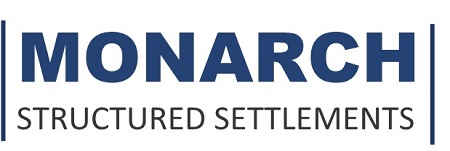Sage Settlement Consulting
After a wrongful death claim, the victim’s loved ones may find it emotionally challenging to make financial decisions. Still, having a solid plan for the settlement funds is vital to maximizing tax efficiency and creating long-term financial stability.
Are Wrongful Death Settlements Taxable?
Funds from a wrongful death settlement are exempt from income tax under IRC § 104. However, if the money is accepted as a lump sum cash payment, interest earned on any portion used to purchase traditional investments (e.g., stocks, mutual funds, etc.) may be subject to income tax.
Instead, the claimant can choose to receive periodic payments via a structured settlement annuity or a market-based structured settlement. When a claimant structures funds, the interest or investment income earned within the structure is tax-free, and all future periodic payments are tax-free.
Creating a Comprehensive Settlement Plan
A settlement consultant will help the claimant address any immediate, short-term, and long-term financial needs:
Immediate Needs
- Medical bills
- Funeral and burial expenses
- Bills due within the next 30 days (e.g., mortgage/rent, utilities, transportation, groceries)
- Health insurance
Short-Term Needs
- Ongoing supplemental income
- Childcare
- Moving/new home purchase
Long-Term Needs
- College
- Retirement
- Trusts for children/grandchildren
- Funds for vacation and other recreational uses
The consultant will also help determine other expected income sources (e.g., SSI, Social Security, retirement funds, pension funds, life insurance, etc.) and any issues that may complicate settlement resolution, like liens or bankruptcies.
With the right kind of guidance and planning, a wrongful death settlement can help sustain those left behind and create a lasting legacy for the victim’s loved ones.


